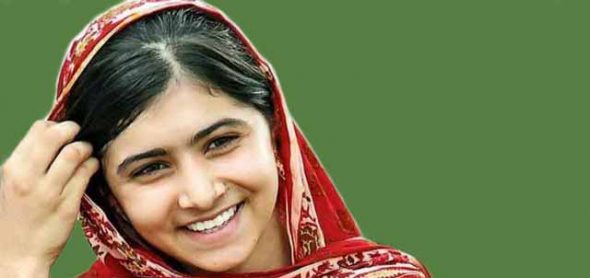
In 2012, the Taliban controlled the Swat Valley in Northeastern Pakistan. The Taliban controlled what music the residents could listen to, what they could wear, and what they could learn.
Malala Yousafzai knew the Taliban were wrong. She felt learning was an inalienable right of every human. So despite the fact the leaders of her town told her no, she tried to learn. A large number of female schools were continually bombed so the Taliban could control the attendance by spreading fear and panic. The enrollment of girls was already low due to cultural, tribal, and familial pressures.
While trying to learn, she was shot in the head by the Taliban.
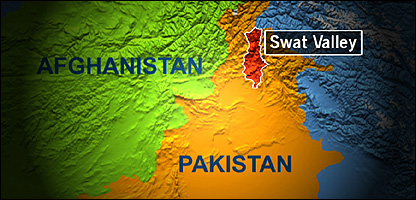
Despite the place of her injury, Malala pulled through and survived. Since the attack, she has not been able to return to Pakistan for the risk is too high. She urges the world to make her home safer so her and others can learn. She does this all through a foundation that raises money and awareness to sway local leaders in countries with educational boundaries. Malala also was a co-recipient of the Nobel Peace Prize in 2014.
This woman has undoubtedly accomplished so much for educational rights in countries that have little promise for education. You would think she has lived a long, successful life, right?
Malala was shot in the head while trying to attend middle school. She was 15 years old in 2012. She was 17 when she received the Nobel Peace Prize. Today, she is 19 years old.
Without knowing Malala’s age while reading her story, many assume she is older than she really is. We think this because society has assumed that leaders must be life-experienced adults.
When one is prompted to think of a global leader, the mind often goes to political figures that are already in the spotlight. Of course, they do indeed fit into the definition of “global leader” because they are a leader of a country in a globalized world. But, are politicians the only people that can be leaders?
No, of course not. Martin Luther King wasn’t a politician (although he lead a politically debated movement), neither is Beyoncé (even though she leads a pop culture movement for black equality). You can name many more global leaders if prompted.
Review your list. I can almost guarantee they are all adults. Right?
But you learned above that Malala is undoubtedly a leader too, although she is only 19 and started leading much earlier than that.
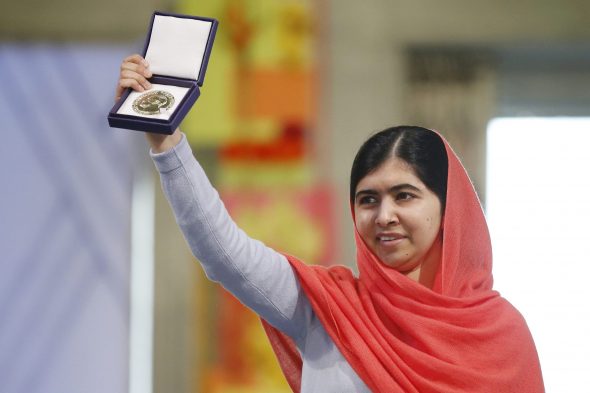
We, as journalists, must challenge the idea that a global leader must be an adult. Malala Yousafzai has shown us what the world can gain when we trust younger generations to guide us in the right path.
Malala was fighting for the right for girls to attend school; but this is not just a gender problem. Everyone deserves education and Malala has made that point clear. No one should be able to dictate what another can learn. The more people learn, the more they are aware of the world, and the more they can change it.
It took one child, one teenager, to prove this fact to the world. When horrible events, such as being shot in the head, occur to children, the world is in shock and tends to listen.
So why do we not listen to what children are saying about global issues all the time?
The child or teenage mind thinks with simplicity. The young mind is not bogged down by political correctness or the geopolitical difficulties of the globalized world. If there is a problem, then it must be fixed. Period. This is what Malala said and continues to preach. We must fix the educational inequality across the world.
Malala stood up for what she believed, even after her life was nearly taken away. She is more than a global leader. She is a global hero.
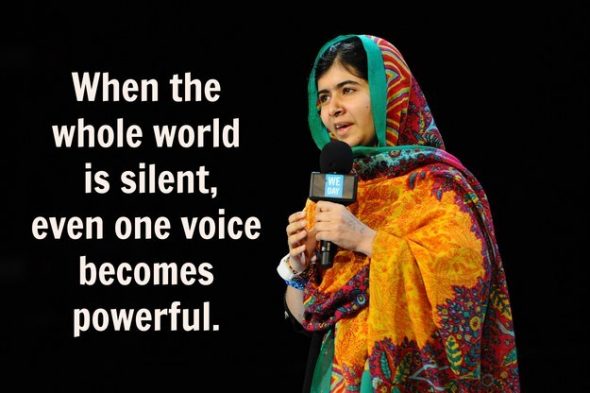
This article is by Bailey Netsch in conjunction with a group project with Narmina Strishenets, Shabbir Sarwar, and Leanid Pashkouski.

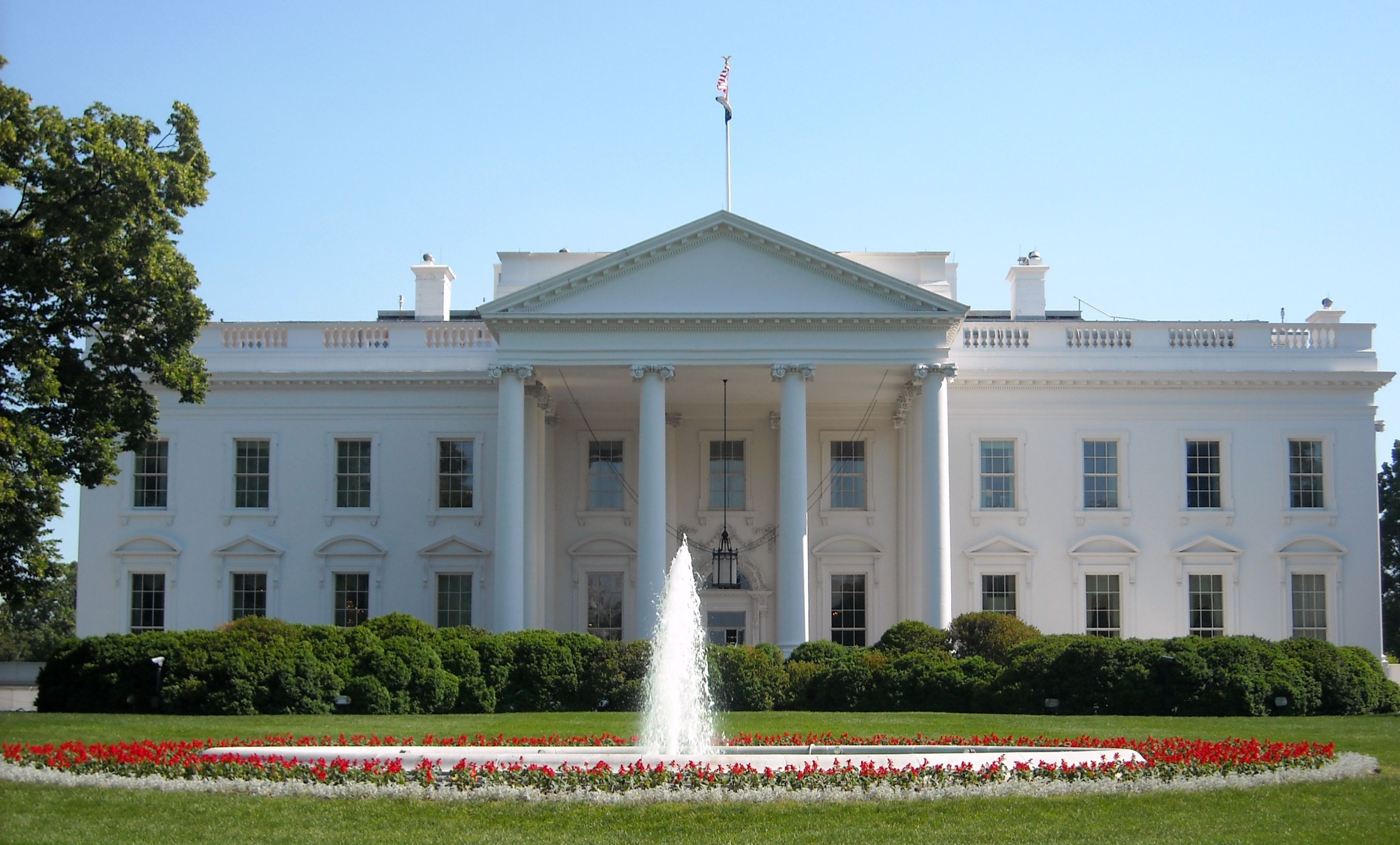
Profiling Malala as a leader is indeed a great choice! Even as young girl she was brave enough to push what she believes even in the face of death. Children can be trained to have a mind of their own, believing in a course and not rude ones…there’s a clear difference. Our world can be better when we start building and inculcating new ideas from scratch!